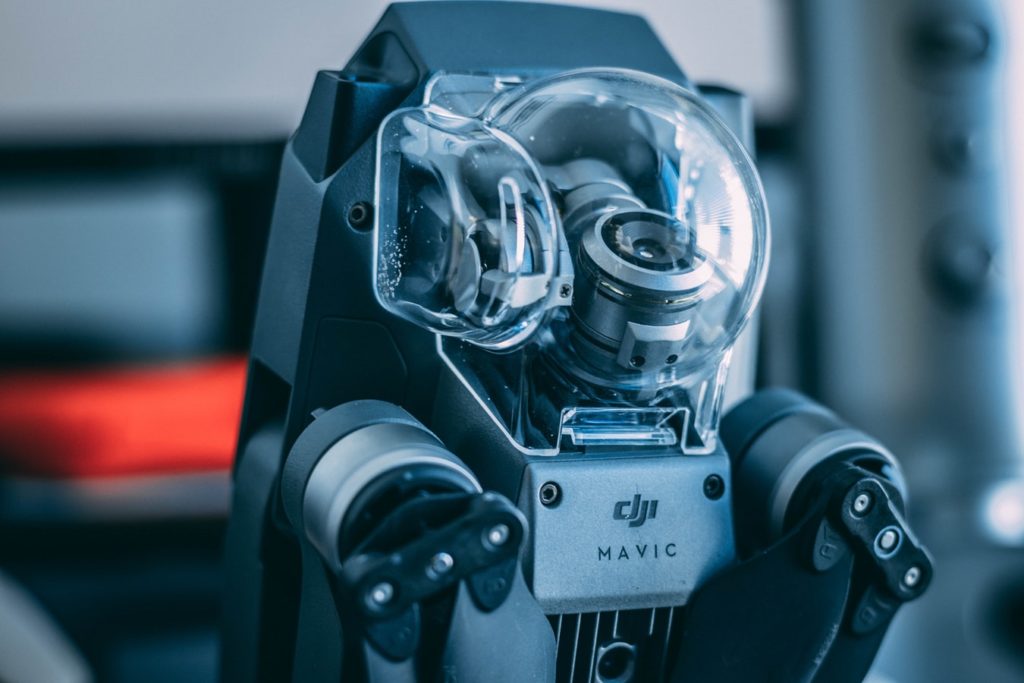There has been a lot of hype around machine learning, and quite often, this hype has gone over the board. However, the application performance management has demonstrated itself as a successful case of DevOps and machine learning. The reason behind is the need for machine learning for the analysis of velocity, volume, and the variety of data that gets produced in the secure application environment of today. The application of machine learning for the identification of patterns and peculiarities helps the DevOps teams to enhance the customer experience. It requires the understanding of usage patterns, reducing the bug rates, mitigation of complex issues.
What’s Changed?
Modern devices have become increasingly dependent on cloud services and microservices. However, computing and storage functions have to lead to a complex mixture of dependencies that keep changing consistently. Issues regarding performance can crop up at the user or the server side. The causes of these issues might remain concealed amidst numerous methods, objects the rate of transactions per second. But how would someone figure out if the problem lies with the user’s device, the network, or the company’s code? The most effective approach is combining big data and machine learning, and the collection of data to gauge the extent of particular transactions. Consequently, the identification and classification of critical flaws can be done by unleashing the potential of machine learning.

Machine Learning Requires Big Data
More the data, more comfortable it shall be to optimize the App Performance Management. While testing or fixing a problem, teams often collect several data samples that form the base of the normal behavior. Thus, they negate the oddities. However, data samples collected within small intervals often miss these peculiarities. Managing big data from all the apps and transactions is critical to deducing the accurate machine learning calculations. Otherwise, they are just imitating the process, not learning it.
Machines must be consistently taught
Machine learning entails the creation of models by the analytic engine. The engine creates the models by examining a large amount of data to segregate any pattern or cluster, with correlations. One way of doing it is, to begin with, common situations, and instructing the computer to detect signatures that indicate typical issues of application performance management. The presence of several possible cases entails the usage of a variety of authentic data sets from an extensive range of organizations operating in different industries. During the initial training, APM tools use this data. Later, subject-matter experts examine the outcomes and instruct the computer on the accurate categorization for all the patterns. The computer then carries out its operations, and the experts take the final call on whether the cluster they found poses any risk or not.
Teaching requires an iterative approach and entails the isolation of transactions and commonalities. It demands the removal of sales that exhibit that characteristic and evaluation of the remainder to check if the issue persists. Such an action assists the system in detecting any unexpected problems that are included in the group of instinctive perspicacity. Thus, the bigger the data, the more accurately the system can identify the flaws.

The help of DevOps teams
With a vast pool of data, systems meant for machine learning can synchronize multiple sources of data. The data depends on the metadata and transactions, along with the statistics of the linking server. All this information can assist the DevOps teams in the quick identification and prioritization of the deals and users, which can significantly impact businesses. Availability of historical data allows for the comparison of the performances before and after the releases. Hence, it provides valuable insights into the impact of changes caused by development and the efficacy of the testing coverage.

